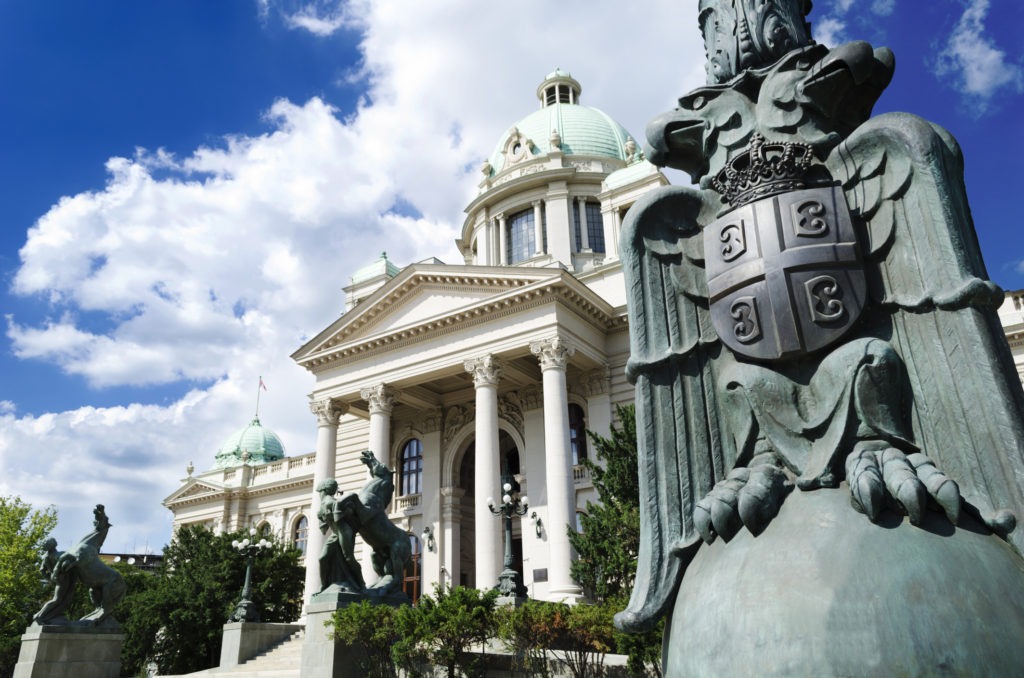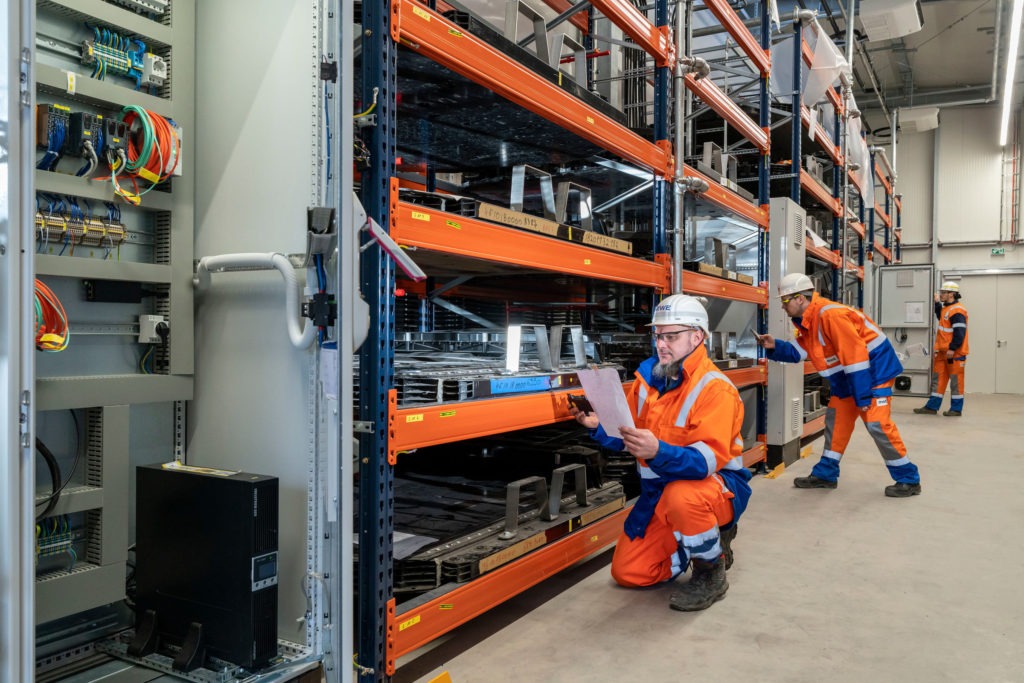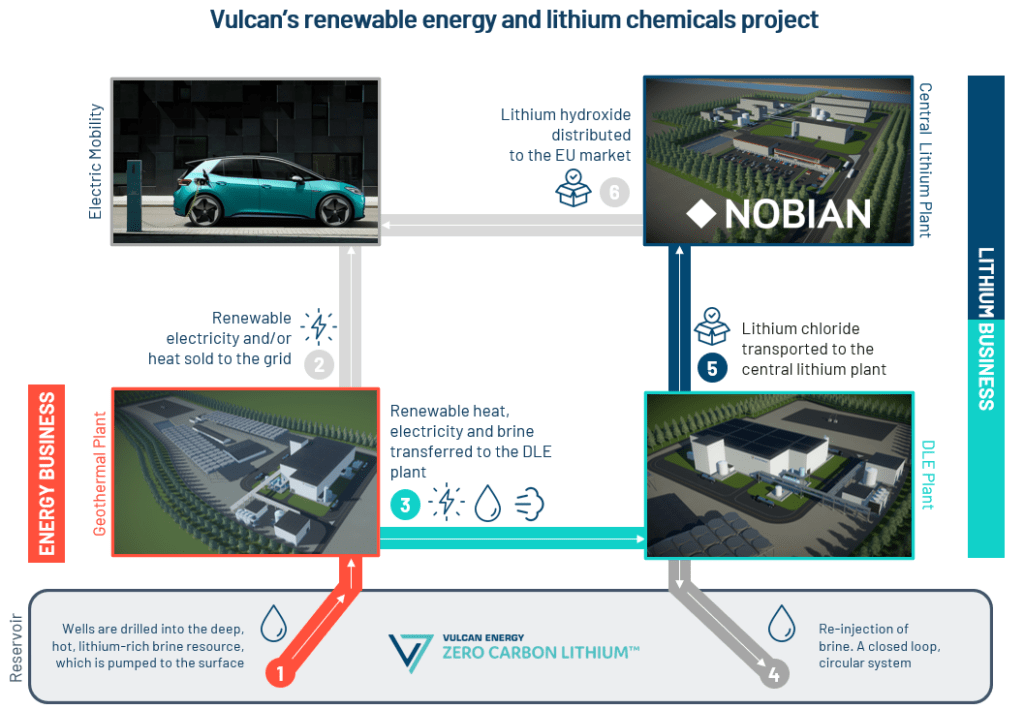Serbia revokes Rio Tinto’s lithium licence
28 January 2022

Serbia has terminated Rio Tinto’s multi-billion lithium project, following weeks of major protests over environmental concerns in the country. The $2.4 billion (€2.1 billion) project could have propelled the Anglo-Australian mining giant into the top 10 ranking of lithium producers worldwide, making Serbia a key producer of the metal.
As a main component of batteries for electrically-chargeable vehicles (EVs), lithium is in high demand with prices rising exponentially. The COVID-19 disruption and explosive demand, particularly from China, have seen prices surge for the light metal. It is estimated that demand for lithium will grow by 25%-35% annually in this decade as carmakers increasingly transition to electromobility.
‘World-class’ project
Serbia’s Jadar valley is home to one of Europe’s largest lithium deposits. Rio Tinto planned to explore the mining of lithium in the area and was waiting for permits to kick off its greenfield lithium project. The venture could produce around 55,000 tonnes of battery-grade lithium carbonate in Europe, where electrification continues to boom, with carmakers heavily investing in EVs and battery-cell production.
The project could have allowed Rio Tinto to provide enough lithium to power more than one million EVs annually. But protesters were worried about the levels of contamination caused by the mine as the country is already one of the most polluted in Europe. After the government pulled the plug on its plans by revoking licences related to its proposed Jadar project, Rio Tinto issued a brief statement.
‘The Serbian Prime Minister announced Serbia was withdrawing the spatial plan,’ Rio Tinto said. ‘Understandably, there are significant concerns about the potential impact of the mine on the local communities of the Jadar valley and we understand that we need to show that these concerns can be addressed and managed. We believe in Jadar, a world-class project with the potential to play an essential role in the transition to a low-carbon future and are working through what this means for the project and our people in Serbia.’
The end
The project could have helped support the local economy. But with an upcoming general election, the government in Belgrade bowed to pressure over the environmental costs of the project. Serbian Prime Minister Ana Brnabic took a clear stance on the matter. ‘All decisions [linked to the lithium project] and all licences have been annulled. As far as project Jadar is concerned, this is an end,’ she said.
The decision came as a surprise as an official announcement was not expected until after the election, which is due to take place in April. While politicians put a halt on Rio Tinto’s plans, others are going ahead. Serbian battery developer ElevenEs recently signed an agreement with European early-stage investor EIT InnoEnergy to build the first lithium-iron-phosphate (LFP) battery gigafactory in Europe. Construction is due to begin in 2024.
In an interview with Reuters, Rio Tinto’s CEO Jakob Stausholm showed concern over the decision. ‘We obviously are very concerned about the comments made by the prime minister. I’m very proud of what we’ve done there [in Serbia]. We have always followed the laws and regulations in Serbia as we focused on that amazing project,’ he said.
The mining major could sue the Serbian government as it is in the middle of reviewing the legal basis for the decision. Other options to expand its lithium exploration ambitions exist. Rio Tinto last month agreed to pay $825 million for an Argentinian Salar del Rincón lithium project, its first major acquisition in a decade.



